Canada Pillar: Domestic Faith-Based Initiatives
The eighth instalment in a year-long series of posts by RFF Founder & Executive Director, Rev. Dr. Brent Hawkes, on the origins, mandate and work of the organization.
In the previous article, we used the analogy of a tree and how all the parts work synergistically as a whole to enable the whole tree to grow and flourish. We talked about what we’ve done to develop strong roots and a strong trunk. In this article, we’re going to start talking about our branches and leaves, starting with the first branch, our Canadian Strategy.
We’re going to launch this branch in the autumn of 2020. Despite the setbacks presented by COVID-19 and the lockdown, our team has done an amazing job of staying on track to keep developing all the structures, platforms and processes we need to continue our growth.
The objective of our next pillar is to address religious-based LGBTQ2 discrimination in Canada. We will do this by building our organizational capacity to transform equality in law into equality in practice in the country where we are based.
The first step of this stage is to develop progressive, faith-based resources to help individuals who are experiencing distress in their lives because of religious-based homophobia. As we know, many people have been deeply impacted by the pandemic, whether through catching the virus, having a loved one fall ill or die, or losing their job and income because their workplace had to shut down. People need spiritual support in times like these, and some may have experienced religious-based homophobia when turning to their congregation for help, which only compounds their distress.
We want people in these situations to know that there are places where they can go to get the help they need, and that there are people, congregations and organizations who will help them regardless of who they are or what their sexual or gender orientation might be, who their relationship might be with, or what faith they believe in.
We also want institutions to find the support and guidance they need to adjust their programming to be able to serve the needs of their LGBTI clientele more effectively, especially in times of distress.
To this end, we will be engaging with various segments of society and partnering with experts and organizations to discover what is needed, and to look for the best ways to develop the resources that are needed by both of these groups. We’ll examine where religious-based discrimination against the LGBTI community exists so we can prioritize and focus on those sectors first. So far, we have discovered that there is a need for progressive, faith-based resources and supports for faith-based organizations, healthcare settings, and educational environments.
This will be a cross-Canada operation: we have established partnerships with local organizations across the country so that resources will be developed at a grassroots level, supported by our national organization. We will have regional teams to address local and regional needs. We also plan to engage with communities in both official languages, and to find individuals proficient in local Indigenous languages to help us engage with Indigenous communities and Two-Spirited persons.
And so, by developing a way for people to connect to the help they need, wherever they are in Canada, we can help people heal and rebuild as they deal with the combined effects of religious-based discrimination and COVID-19, or any other challenge they may be facing.
It is time for people to know that there are people who will care for, love and accept them as they are during their time of need.

